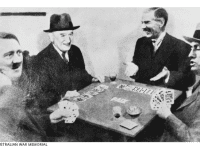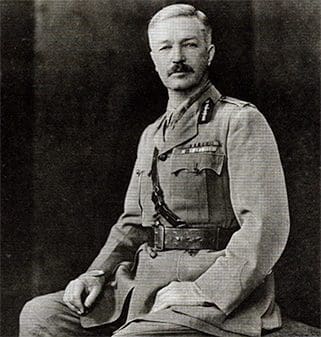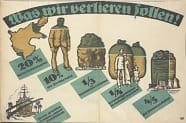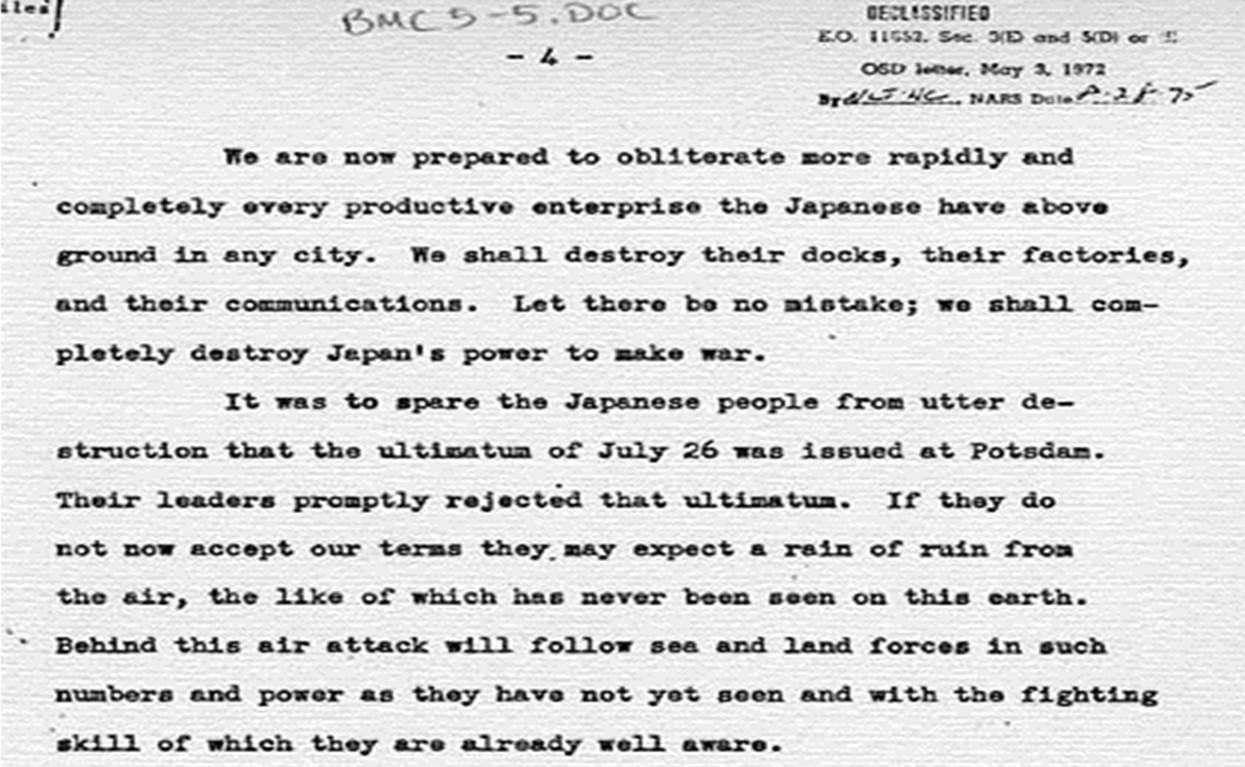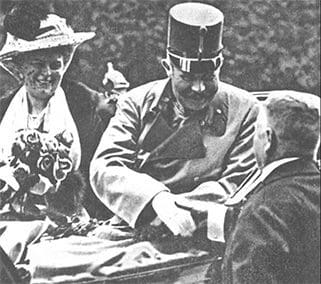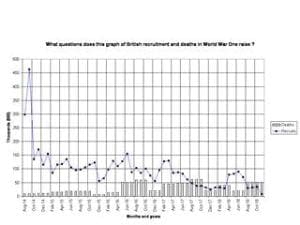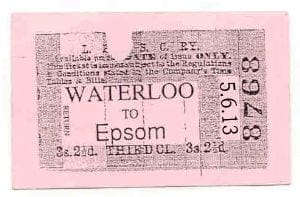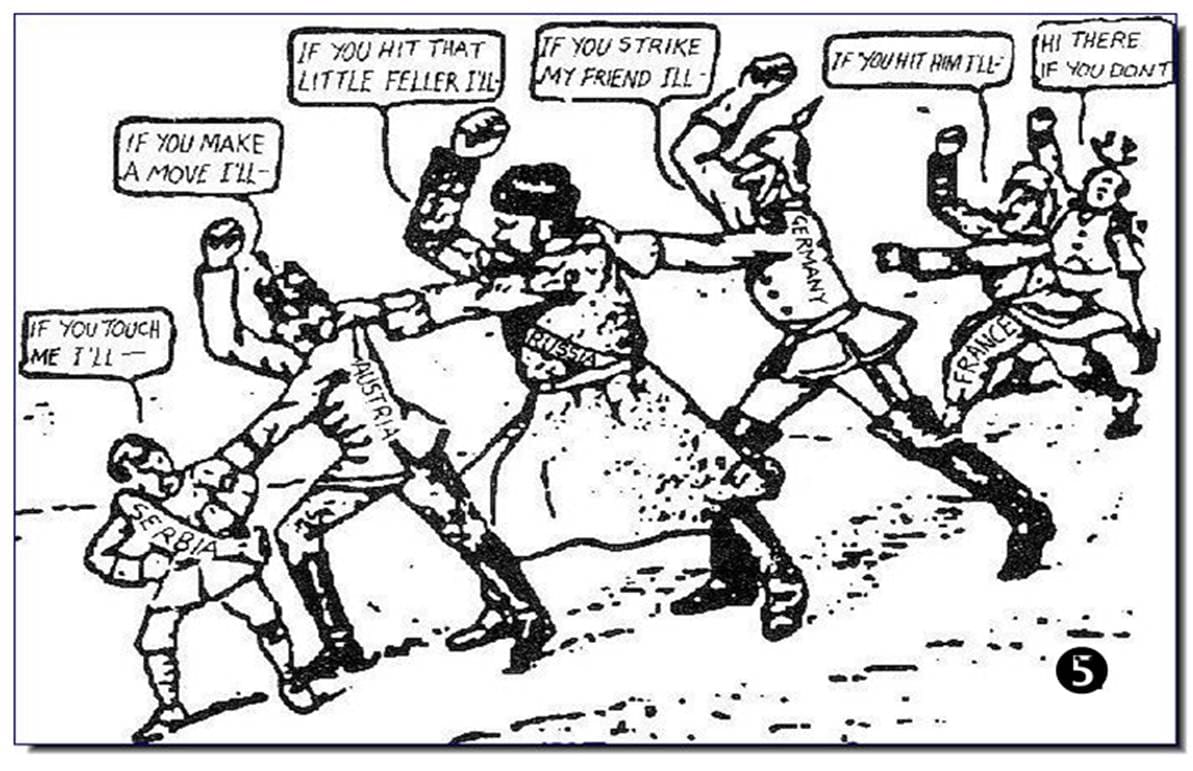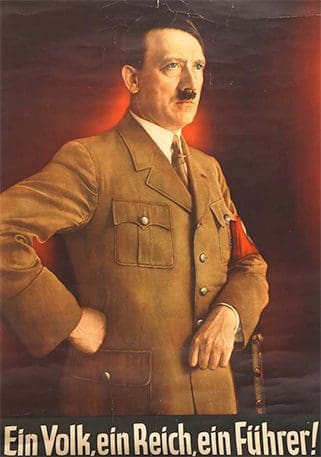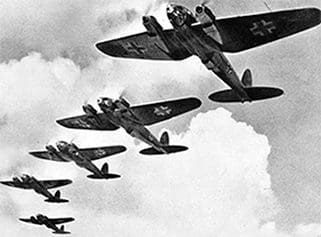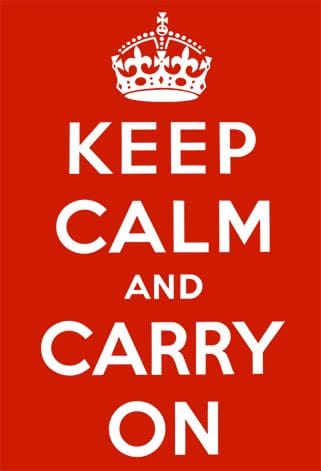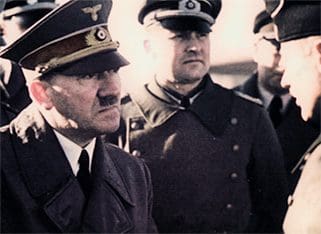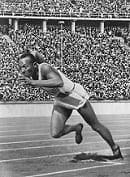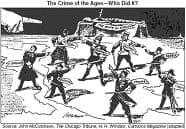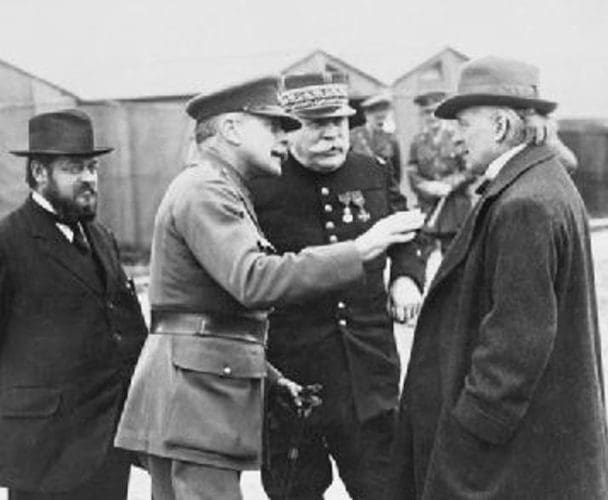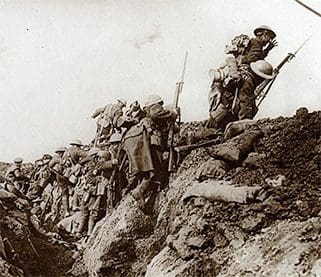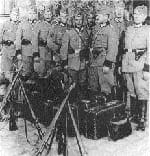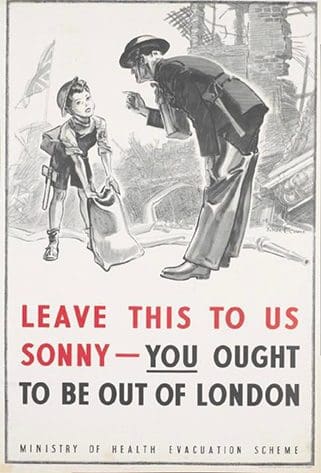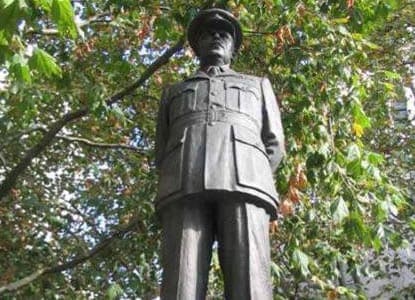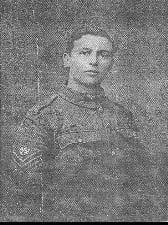20th Century World
Teaching the 20th Century World to Key Stage 3
For many pupils this will be their last topic in KS3 history, though some history departments prefer to end with…
Read MoreHow well did Chamberlain play his cards at Munich? A KS3 smart task
This smart task asks pupils to think a little more deeply about why Chamberlain adopted the policy of appeasement. It…
Read MoreRotten apple or …. How should we portray Dyer’s motivation in the Amritsar massacre?
This enquiry asks students to look critically at the depiction of the massacre in the film Gandhi as a way…
Read MoreHow should Germany be treated at the Paris peace conference? KS3 or KS4 task
This short but engaging task precedes any detailed analysis of the terms of the treaty itself. It has four distinct…
Read MoreWhy did President Truman drop the atomic bombs in August 1945? A study in interpretations SMART TASK KS3
This is a well-covered topic and most of you will already have your own favoured approach. For that reason I…
Read MoreSomething about an ostrich – the assassination of Franz Ferdinand as a mystery to be solved
Pupils are fed information, asked to formulate their theories on who was killed, who did it, how, why and when….
Read MoreDid the number of deaths on the Western Front in World War One have any effect on the numbers joining up?
This superb lesson was the original idea of the history team at Toynbee School, near Southampton, and specifically the work…
Read MoreWhat’s the truth behind the Suffragette derby of 1913?
This lesson is always popular. By adding newsreel footage and facsimile artefacts to the usual array of photographs and documentary…
Read MoreHow well do these cartoons cover the causes of World War One?
In pairs, Y9/GCSE students visit 9 different cartoons posted around the wall. They have to work out: a. Which cause…
Read MoreHitler’s propaganda: the cult of leader. Reading internal clues. KS3 & 4 Smart Task
The aim of this short task is to encourage students to look really closely at images for what is there,…
Read MoreWhy did Germany lose the Battle of Britain?
If Britain was only a few days away from defeat in August 1940 how on earth did she win the…
Read MoreWas there really a Blitz spirit? Killer evidence. Smart Task
Historians to this day still argue as to whether there was a Blitz spirit or not. Much depends on the…
Read MoreMarket place: Why I didn’t oppose Hitler.
To help pupils to understand why so few people opposed Hitler in the 1930s the use of this market place…
Read MoreWhich modern Olympic Games am I? Short KS3 Smart Task
This engaging smart task on the Olympics in the 20th century focuses pupils’ attention on significant individual games as a…
Read MoreKS3 & 4 The Causes of World War One: The Blame Game
This smart task which can be used from Y9 or for GCSE can be used as a form of diagnostic…
Read MoreExplaining why there were so many casualties on the first day of the Battle of the Somme. SMART TASK
This task, suitable for KS3 Year 9 or KS4 students, presents them with something of a conundrum. When the Allies…
Read MoreWhy are these accounts of the Battle of the Somme, written by the same person, so different? SMART TASK
This task, suitable for Y9 in KS3 or KS4, drives at the heart of source evaluation. Students explore two sources,…
Read MoreBattalion 101. Why did they shoot? A history mystery
This lesson could be used as part of a Year 9 course or with the Germany module of Y10/11 SHP…
Read MoreSmart Task: Evacuation: was it worth it?
Many primary schools look in detail at evacuation in World War Two and you may not want to go over…
Read MoreSmart Task: How close to World War Three did the world come in the 65 years after World War Two?
Helping pupils to develop overviews of different timescales is central to the Key Stage 3 curriculum. When so few carry…
Read MoreSmart Task: Was the bombing of Dresden justified?
Should the statue to Bomber Harris be removed? It is now 20 years since the statue to Bomber Harris was…
Read MoreTeaching Dunkirk at KS3 – WW2 – Spinning Dunkirk
Rather than simply asking pupils passively to read examples of propaganda surrounding the evacuation of Dunkirk they are asked to…
Read MoreWhy did 15 year-old boys want to join up in 1914?
At the heart of this lesson lies a history mystery. Many of you will have seen something similar in Peter…
Read More
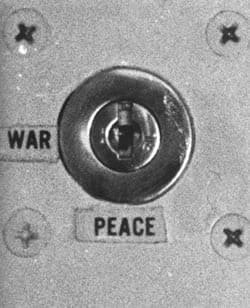 For many pupils this will be their last topic in KS3 history, though some history departments prefer to end with a retrospective long term study. Most pupils enjoy the 20th century, though we need to ensure it is not just one war after another. Almost inevitably the first lesson showcases the assassination of Archduke Franz Ferdinand, but this time as a murder mystery.
For many pupils this will be their last topic in KS3 history, though some history departments prefer to end with a retrospective long term study. Most pupils enjoy the 20th century, though we need to ensure it is not just one war after another. Almost inevitably the first lesson showcases the assassination of Archduke Franz Ferdinand, but this time as a murder mystery.